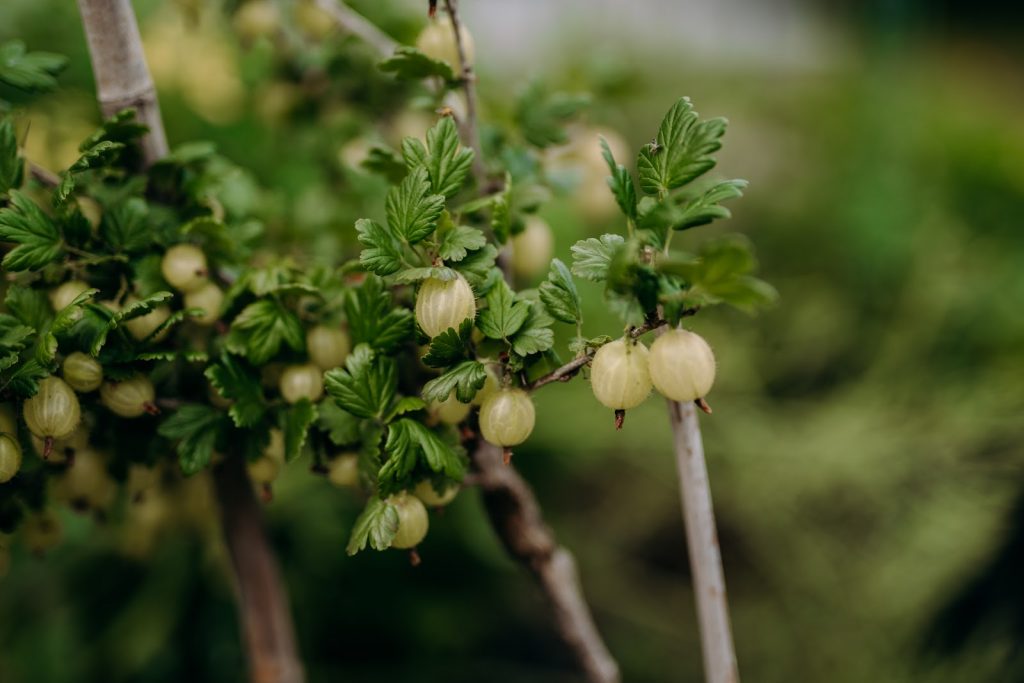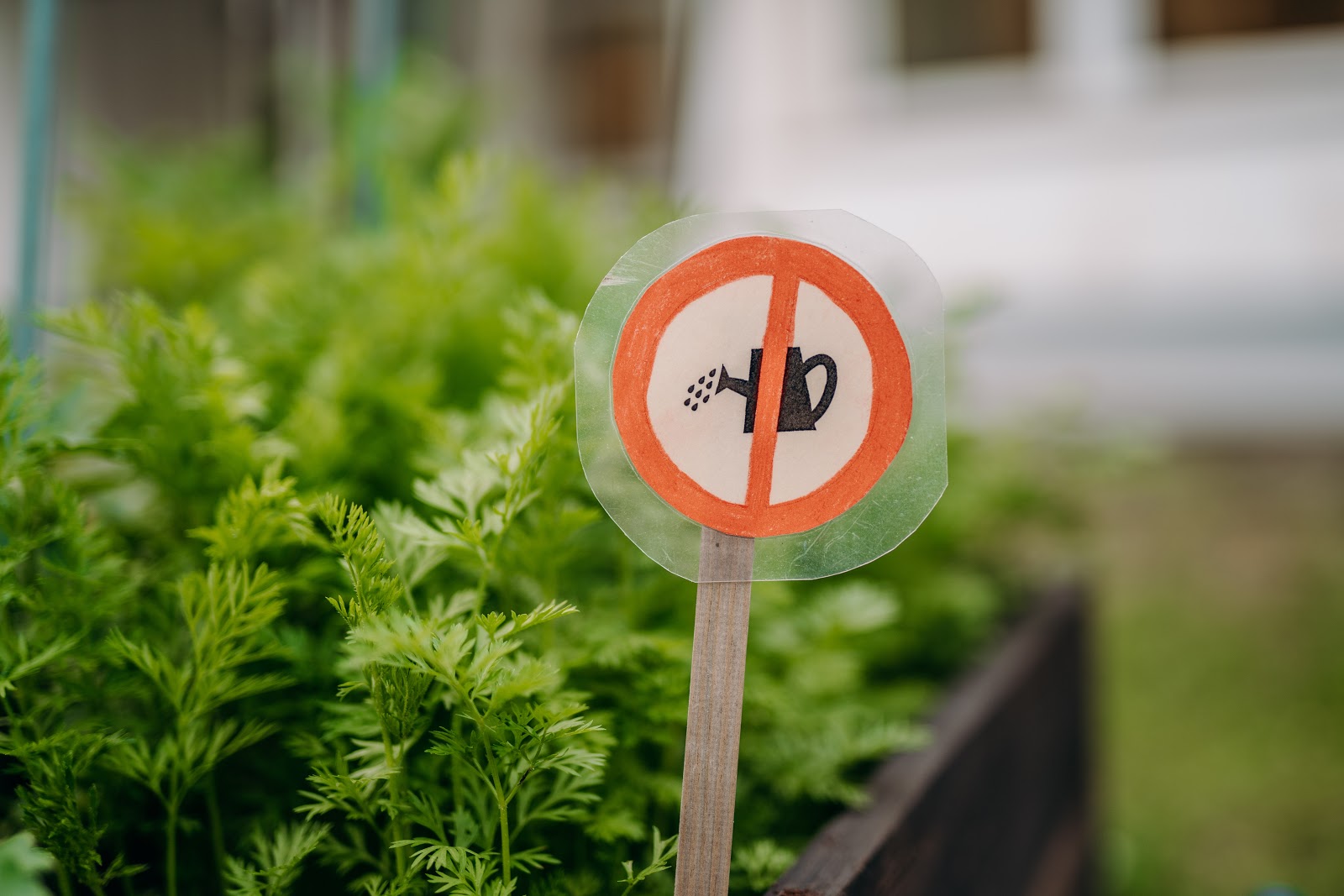Last year the Ecogardens team focused on exploring the potential of community gardens in the realm of climate change adaptation. Our learning results can be easily concluded by the citation of a Focus Group Participant: “Gardens are, of course, the best example of ‘think global act local‘ practices, and environment for direct citizen action against climate change.” Community gardens can serve as a green oasis, and can be used to recultivate brownfields. But what’s more – community gardens are also great spots to share and learn by experiencing climate change solutions on the local level while having a possible impact on the global level. Community gardens, let’s unite and make an impact!
Mitigation of and adaptation to climate change is happening naturally in community gardens
During our research, we discovered that although community gardens have a positive impact on the climate, their activities are not necessarily consciously considered climate change mitigation or adaptation measures. Specific means are often simply part of ecological garden practices. To find out what is already put into practice we have sent out an online questionnaire to gardeners in all partner countries.
The most widespread measure among all respondents is composting and the ban on synthetic fertilisers and pesticides. It is the most used practice across community gardens in all surveyed countries (121 out of 158) to keep nutrients in the cycle and naturally fertilise plants.
82 gardens use green manure to bring fertiliser into the soil. Another widely spread practice is mulching, a special form of composting as well as a method to protect the soil from evaporation and erosion.
Interesting are the differences between countries. While drip irrigation is only used in very few other countries, in Spain almost two-thirds of the responding gardens use this watering system. The opposite can be said for rainwater collection which is rarely used in Spain as well as in Hungary, but utilised by at least half of the gardens in the other partner countries. France is the leader in low-dig gardening – 21 of 26 gardens used this method, probably due to the prevalence of the broad fork or Grelinette.

Sharing knowledge among European community gardens helps in environmental education
Participants of the various focus groups and respondents of the questionnaire especially highlighted the role of community gardens in informal education. Formal education including workshops, seminars, guided tours and information panels is less frequently implemented as gardens face diverse difficulties.
Learning environmentally friendly gardening practices from each other, consultations between gardeners and learning through observation are the most commonly practised “learning methods”. Just being part of a community garden and growing there your vegetable has an educational impact, raises awareness and creates an understanding of the natural cycles, and the climate change processes. And it is a powerful moment of learning from experience as one of the participants of the Czech focus group shares: “I can already see this happening.“
As there are great differences between gardens and in some practices also between countries, there is also great potential to learn from each other and adapt different approaches to the local context. The best examples are water and soil management practices like drip irrigation or low-dig gardening.
Again a first step can be the possibility of consulting good practices across the European community. We see the possibility to share and learn in an informal environment as a strong tool to avoid climate change on a very local level, while connected to a wider community.

Building capacities of community gardens is the key to showing and scaling the impact
A wide majority of respondents across all partner countries are planning or would like to carry out more structured educational activities in the community garden in future. As we mentioned in the previous part, informal education is naturally happening in the gardens. Challenges are mainly described in the area of structured and formal education.
The biggest challenge across all countries is the capacity of community garden groups to organise and carry out educational activities. Lacking capacities are described on different levels. Time to organise and coordinate gardens may lack as well as funds and finances. Another weak point reported by different gardeners is the promotion of educational activities, missing support through municipalities and basically non-existent cooperation with educational institutions. Some gardens also lack the necessary knowledge and expertise.
Gardeners from Spain and the Czech Republic report fluctuation within the group and instability of the gardens as important challenges. While in Spain gardens as such are often short-term projects and therefore cannot tap their full potential to develop long-term programmes, in the Czech Republic, members tend to be part of garden groups for only a short time, thus a lot of energy is invested in group consolidation and acquisition of new members.
Conclusion
Informal education in community gardens is already successfully taking place, however, to achieve systemic change and create a real impact on climate change, it is proposed to use the existing functional environment and expand the activities. Community gardens need systematic support in all areas of management to focus on developing and implementing educational activities. Uniting community gardens and strengthening their organisation seems to be an essential step towards constant advocacy for community gardens and their arrangements against climate change.

